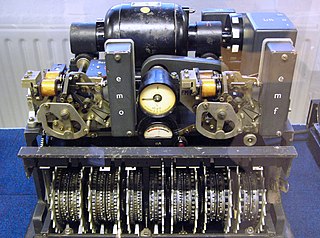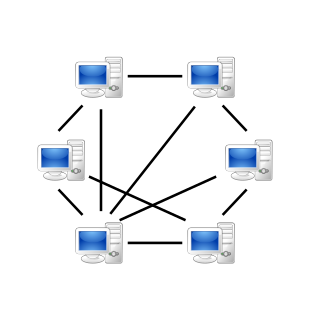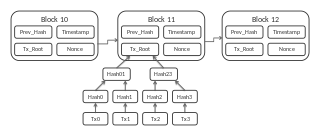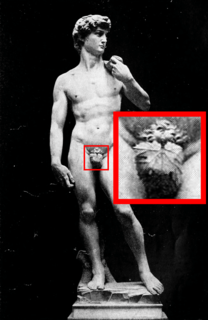Publishing model
Publiq uses a unique blockchain model for authors and publishers, which creates an open neutral system where the credibility of the content is directly monitored by the community, eliminating middlemen and censorship. [8] The platform is primarily geared towards content such as news and articles. [9]
Once an article is posted on Publiq, it gets encrypted on the blockchain and shared over a peer-to-peer network. Readers have options to like, share, and flag the article, thus generating reputation for both the channel and author. To avoid external manipulation, interactions are executed through smart contracts. Writers with higher reputations are more likely to get read and garner higher rewards. [5] The authors' work is stored forever on the blockchain as proof of their credentials. [4]

Cryptography or cryptology is the practice and study of techniques for secure communication in the presence of third parties called adversaries. More generally, cryptography is about constructing and analyzing protocols that prevent third parties or the public from reading private messages; various aspects in information security such as data confidentiality, data integrity, authentication, and non-repudiation are central to modern cryptography. Modern cryptography exists at the intersection of the disciplines of mathematics, computer science, electrical engineering, communication science, and physics. Applications of cryptography include electronic commerce, chip-based payment cards, digital currencies, computer passwords, and military communications.

Peer-to-peer (P2P) computing or networking is a distributed application architecture that partitions tasks or workloads between peers. Peers are equally privileged, equipotent participants in the application. They are said to form a peer-to-peer network of nodes.
A smart contract is a computer protocol intended to digitally facilitate, verify, or enforce the negotiation or performance of a contract. Smart contracts allow the performance of credible transactions without third parties. These transactions are trackable and irreversible.
Publiq is managed by an international team of 60 people, along with 20 independent experts and specialists in media, technology and finance. [10]
PUBLIQ was selected by the All-party parliamentary group on Blockchain (APPG Blockchain) for its 2019 showcase of companies solving real-world problems with fully functioning blockchain tech. [11]
An all-party parliamentary group (APPG) is a grouping in the Parliament of the United Kingdom that is composed of members of parliament from all political parties.
Publiq has garnered attention by publishing platforms such as Drupal which flags a "crisis of confidence" due to poor journalism and fake news, which Publiq's platform can address. Integration development for the popular Drupal and WordPress publishing platforms was announced at the Drupal Europe Conference in 2018. [12]
Publishers and Authors on Publiq
Journalists and publishers have discussed the benefits of blockchain technologies [13] such as Publiq, and some are testing the platform. The World Association of Newspapers and News Publishers completed a case study on Publiq [14] and also conducted webinars [15] to education organizations on the technology. Publiq is a member of WAN-IFRA. [16]
Funk, a streaming TV service [17] , has starting publishing on Publiq testnet platform. [18]
Tagesschau (German TV Series) has been testing publishing on the platform as well. [19]
Metropolis Magazine (Japan) has also started publishing its monthly English magazine on the platform. [20]
This page is based on this
Wikipedia article Text is available under the
CC BY-SA 4.0 license; additional terms may apply.
Images, videos and audio are available under their respective licenses.



